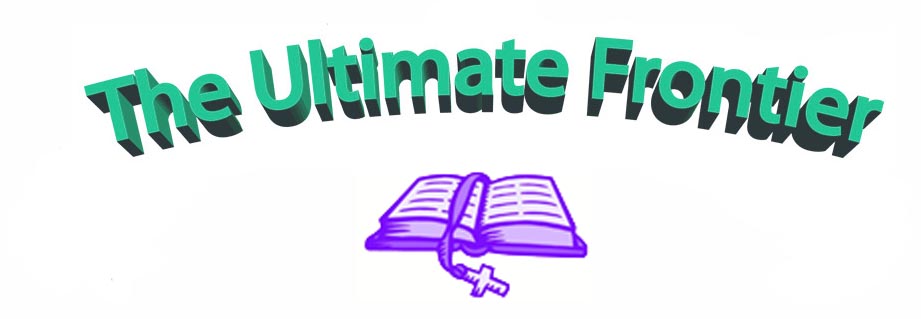|
|
||
|
|
How Do Parents, in Stelle, Handle Their Children Who Have Psychic Abilities?
Q: This is off this particular subject but I would like to know if the community—how it feels or how this particular thing is handled—if a person or a child particularly has special abilities like clairvoyance for instance and has come in with them, is this encouraged, is it ignored, how is it handled?
RK: It’s neither encouraged nor discouraged. Most children who have clairvoyant ability, and probably at least ten percent of them up to the age of seven probably have pretty good clairvoyant abilities—the other ninety percent apparently just do not manifest it.
Those children are, in our society at large, are discouraged mainly by saying, well, the child sees a certain thing and the parent who is unable to verify it says, well, you’ve got an awful overactive imagination or, you know, that’s kind of foolish, or isn’t that kind of silly, or things of that sort. General put downs until eventually the child realizes that it’s not accepted and that it must be that he’s insane if he’s seeing things that nobody else can see. Under those circumstances the child will just, by nature, quash those abilities because he will not accept them.
At the same time it’s dangerous to, if you for instance as the guardian of such a child, do not have clairvoyant abilities, to take everything the child says because all of a sudden he can say anything to you and you’ll accept it, and under those circumstances, he’s in charge. I don’t think that benefits the child either.
The best kind of a situation is in many so-called primitive societies where such things are commonplace for maybe twenty-five percent of the adults are clairvoyant—who constantly see members of the tribe who have died and presumably gone onto the other side in many cases are visiting or nearby and, so that’s the ideal—to raise a child in that kind of a circumstance. If you are not clairvoyant and you cannot verify for a child what he is seeing, I guess you have to develop a way of, let’s say, “Tell me more about it,” or “What is it that’s happening?” and things of that sort—not make any pretense about you’re able to do the same thing, but at the same time, if something seems to be used to your disadvantage in governing a child, that you say, “no, that’s not acceptable.” I would think it would be much the same way that you can say to a child, well, naturally you get undressed to take a shower and so forth, but you don’t go outside of the house when you’re not dressed, and a child can accept that kind of duality. It’s okay to be undressed inside but you can’t be undressed outside. It doesn’t seem to harm their psyches or anything like that. So I guess it would be kind of a parallel kind of thinking if you get what I mean.
|
|
|
|
|
|
